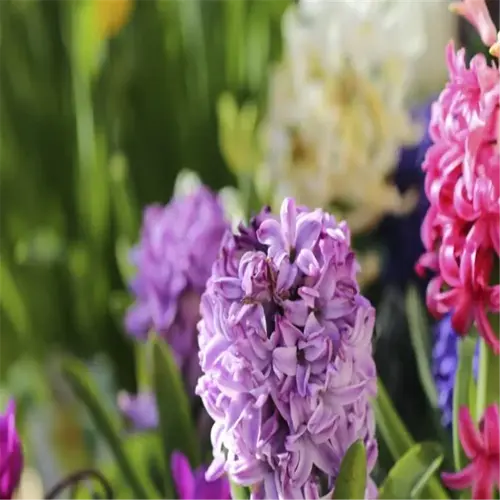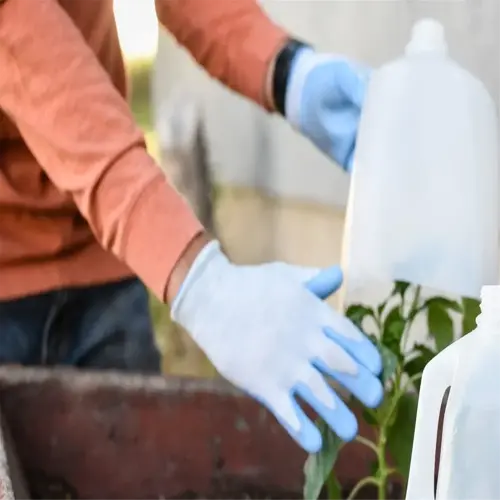Are commercial raised bed soils worth the cost?

Written by
Benjamin Miller
Reviewed by
Prof. Charles Hartman, Ph.D.While commercial raised bed soils sound like an easy solution, many experienced gardeners are left disappointed. Last year, a client paid $120 for a "premium" branded mix, only to grow tiny tomatoes. After I recommended mixing their soil with some compost, the tomatoes did better. In short, even for raised bed soil, price does not always equal good performance. There are three other conditions that determine the value of the soil: compost transparency, mycorrhizal content, and pH stability. If your soil doesn't have these conditions met, doing it yourself is less expensive than buying!
Compost Sources
- Requirement: Listed ingredients (e.g., 'mushroom compost')
- Red Flag: 'Organic matter' without specifics
- Test: Smell for ammonia (indicates unfinished compost)
Mycorrhizal Additives
- Requirement: 150+ propagules per gram
- Verification: Check third-party lab reports
- Alternative: Add worm castings (contains natural spores)
pH Certification
- Requirement: 6.2-6.8 range with buffer capacity
- Test: Use $15 digital meter on moistened soil
- Fix: 1 cup lime per 10 sq ft if acidic
Premium soil mixes are only worth the expense if they contain guaranteed mycorrhizal organisms and/or compost. The only brand that I recommend that meets both criteria, is a $1.80/sq. ft. blend that contains thermophilic compost and Glomus intraradices spores. Or, if you want to make your own soil mix, combine: 1) bulk topsoil (50%), 2) local, heated, compost (30%), and 3) perlite (20%). You'll have better control, and it will be half the cost.
Always test your soil before you use it. Request a sample bag, moisten it, and plant radish seeds. If it does not germinate at least 70% in 5 days, don't use it. One operator reported they saved $300 a year by switching to a DIY soil mix after their commercial soil failed this test. Trust the science behind your plants, not marketing hype.
Read the full article: 7 Expert Tips for Perfect Raised Bed Soil Every Time

